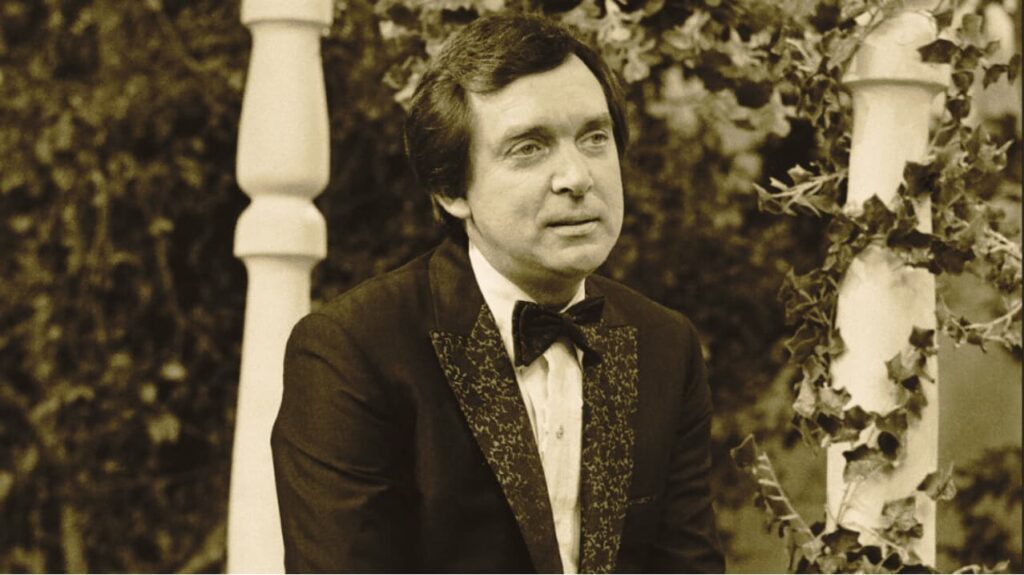
An Enduring Ballad of Love’s Final, Tender Moments
There are certain songs that, once heard, become inextricably linked with a specific time, a particular feeling. For many, Ray Price’s 1970 hit, “For the Good Times,” is one of those songs. It’s an auditory time capsule, a melancholic echo of a bygone era, and a masterclass in emotional restraint. Penned by the great Kris Kristofferson, this song didn’t just climb the charts; it seeped into the collective consciousness of a generation, becoming a cornerstone of country and pop music. When it was released as a single, the track quickly ascended, spending a full week at the top of the Billboard Hot Country Singles chart in the fall of 1970. Its crossover appeal was undeniable, as it also found a home in the hearts of pop audiences, peaking at an impressive No. 11 on the Billboard Hot 100. The song was the title track of Price’s album, also called “For the Good Times,” which was released the same year and was a commercial and critical success.
But the story of “For the Good Times” is more than just a tale of chart-topping success. It’s a story of a song that found its perfect voice. Kristofferson had written the ballad a few years earlier, and while he recorded his own version, it was Price’s smooth, effortless baritone that gave the lyrics their profound sense of resignation and bittersweet beauty. Kristofferson himself famously said that Price’s rendition was the one that truly captured the song’s essence. The song’s premise is achingly simple yet universally relatable: a couple is spending their last night together. The narrator, knowing the end is near, pleads with his lover to forget the impending sorrow and, for one last time, simply cherish the good times they’ve had. It’s a plea to postpone the inevitable heartbreak, to savor the final moments of intimacy and connection. The song isn’t about fighting for the relationship or raging against its demise; it’s about gracefully accepting it and finding solace in the memories created.
Listening to “For the Good Times” today is an emotional journey back in time. It brings to mind a world of dimly lit dance halls, slow spins on a hardwood floor, and the quiet, unspoken understanding between two people whose paths are about to diverge. The arrangement, with its lush strings and gentle steel guitar, provides the perfect backdrop for Price’s warm, yet undeniably pensive, vocal delivery. His voice doesn’t strain or over-dramatize the lyrics; instead, it offers a gentle, almost weary, acceptance. He isn’t just singing the words; he’s living them, and in doing so, he allows the listener to live them too. The song’s enduring legacy lies in its ability to speak to the quiet, dignified heartache that comes with the end of a love affair. It’s a song for those long, late nights when the past feels closer than the present, and the memories of a shared love are all that’s left. It’s a reminder that even in goodbye, there can be a certain kind of beauty, a final act of grace that honors the love that once was. For anyone who has ever had to say goodbye, knowing it was the last time, “For the Good Times” is a mirror reflecting a deeply personal, yet universally understood, human experience.